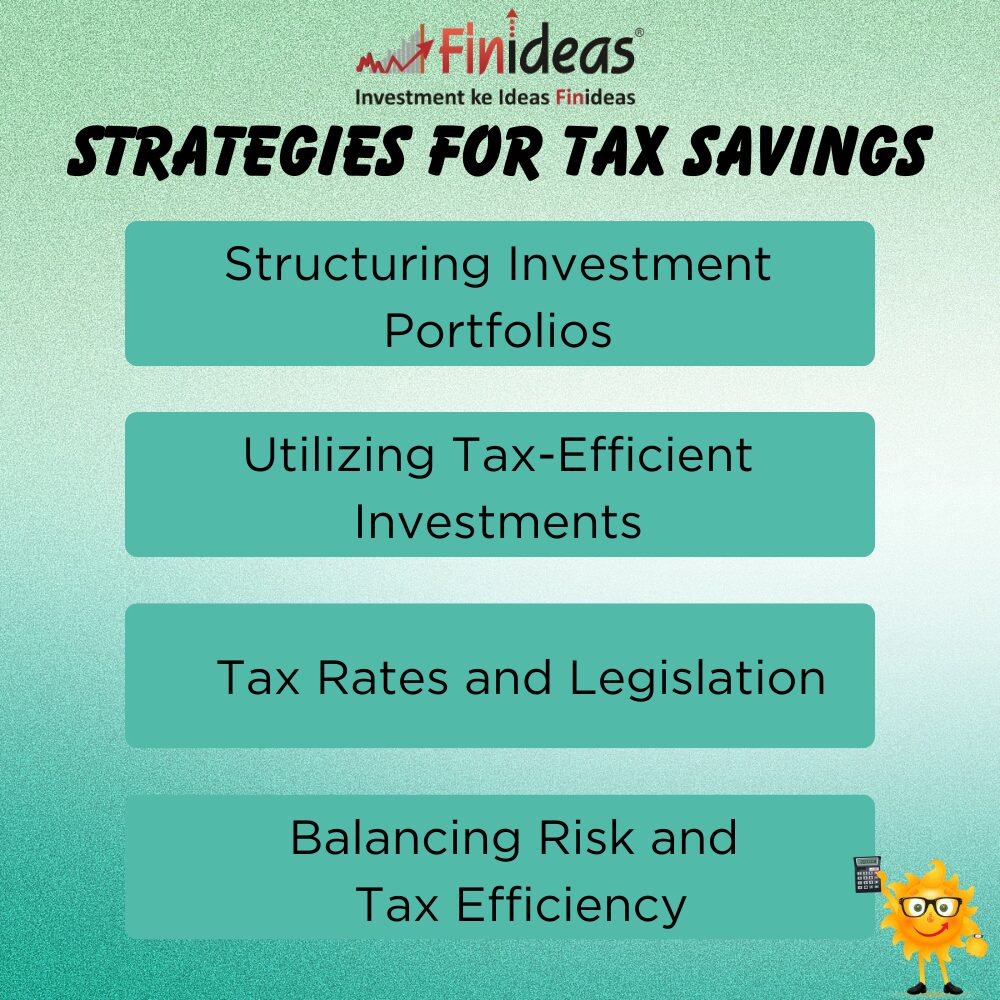Tax-Smart Investing Strategies for Maximizing Returns
Introduction
As investors, we often meticulously plan our investment strategies, aiming for the highest returns while mitigating risks. However, one crucial aspect that can significantly influence our investment decisions is often overlooked – taxes. The impact of taxes on investment advisor strategies cannot be overstated. In this blog, we delve into this often-neglected aspect of investment planning, shedding light on its importance and exploring strategies to optimize tax efficiency.
Understanding the Impact
Taxes can eat into investment returns, diminishing the gains we work hard to accumulate. Investment advisors must navigate a complex landscape of tax regulations, considering various types of taxes such as capital gains tax, dividend tax, and income tax. Each tax has its nuances, affecting different investment vehicles and strategies differently. Therefore, it’s imperative for investment advisors to have a deep understanding of the tax implications associated with various investment choices.
Structuring Investment Portfolios
Investment advisors employ several strategies to minimize tax liabilities while maximizing returns for their clients. One common approach is asset location, where investments are strategically allocated across taxable and tax-advantaged accounts. By placing tax-inefficient investments in tax-advantaged accounts and tax-efficient investments in taxable accounts, advisors aim to optimize after-tax returns.
Utilizing Tax-Efficient Investments
Investment advisors often recommend tax-efficient investment vehicles such as index funds, ETFs (Exchange-Traded Funds), and municipal bonds to minimize tax liabilities. These investments typically generate lower levels of taxable income or capital gains compared to actively managed funds or individual stocks, making them attractive options for tax-conscious investors.
If you are interested in investing in index funds and an ETF, then you must know about Index long term strategy.
Consideration of Tax Rates and Legislation
Tax rates and legislation play a significant role in shaping investment advisor strategies. Changes in tax laws can have profound implications for investment decisions, prompting advisors to reassess their strategies and adjust portfolios accordingly. Moreover, tax rates vary depending on factors such as income level, investment horizon, and prevailing economic conditions, necessitating a dynamic approach to tax planning.
Balancing Risk and Tax Efficiency
While minimizing taxes is essential, investment advisors must strike a balance between tax efficiency and investment objectives. Sometimes, overly focusing on tax optimization can lead to suboptimal investment decisions or excessive complexity. Therefore, it’s crucial to consider tax implications alongside other factors such as risk tolerance, investment goals, and liquidity needs.
Are you maximizing your investment returns by considering tax implications? Do let us know in the comment section below !
Conclusion
In the realm of investment advising, taxes are a critical consideration that can significantly impact investment outcomes. By adopting tax-efficient strategies, such as asset location, and utilizing tax-efficient investments, advisors can enhance after-tax returns for their clients. However, it’s essential to maintain a holistic approach, balancing tax optimization with other investment objectives. Ultimately, navigating the complexities of taxes requires expertise, diligence, and a deep understanding of both the tax code and investment principles. As investors, being mindful of the tax implications of our investment decisions can help us achieve our financial goals more effectively.
Happy Investing!
This article is for education purpose only. Kindly consult with your financial advisor before doing any kind of investment.


